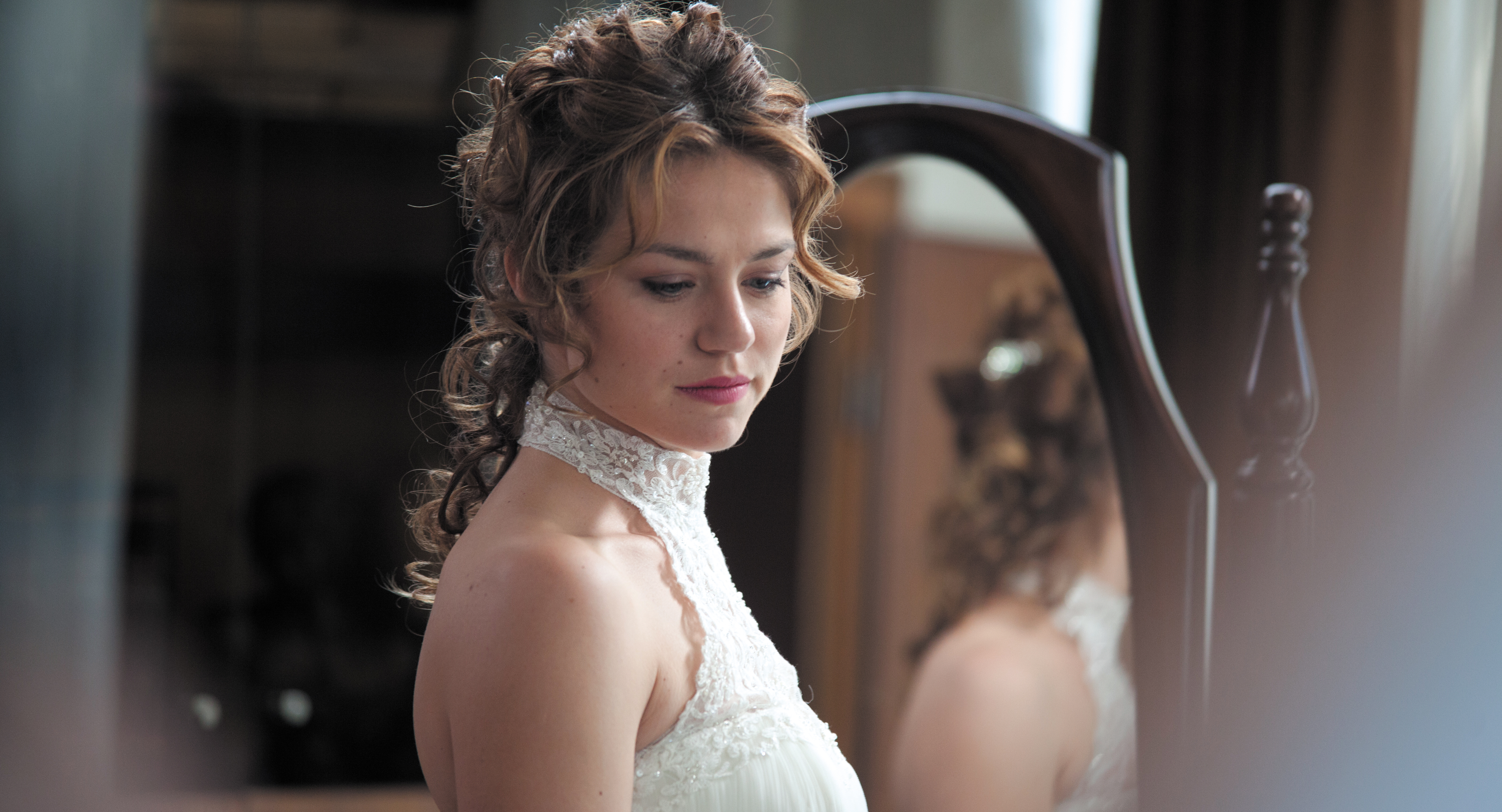Our Children
Runs Fri., Sept. 13–Thurs., Sept. 19 at Sundance Cinemas. Not rated. 111 minutes.
This film’s original French title signals madness; even with the generic relabeling, its very first scenes indicate an unhappy outcome. Directed with a cool, almost voyeuristic lack of judgment by Joachim Lafosse, Our Children is based on a shocking 2007 crime in Belgium that also became tabloid fodder for its peculiar family dynamics. Yet, skipping past the film’s intro, nothing seems amiss when vivacious schoolteacher Murielle (Emilie Dequenne) falls in love with handsome Mounir (Tahar Rahim), a Moroccan who lives with his adoptive father, Dr. Pinget (Niels Arestrup). Mounir seems to have washed out of med school and works as the doctor’s receptionist. He depends entirely on his patron; but what Pinget gets in return for his largesse remains opaque. Only later in the film do we learn that Pinget entered into a sham marriage to bring Mounir’s sister to Belgium; otherwise he has no women in his life, and Lafosse never tips his sexuality.
Murielle proves quite fertile, and Mounir puts little thought into birth control. Three kids are a struggle, and the fourth forces Murielle to quit teaching and become a housewife. Even with their large family living under Pinget’s roof, dependent on his subsidies and gifts, they can barely make ends meet. Would it be cheaper, Murielle asks, to live in Morocco? It’s significant that the suggestion comes from her, not the seemingly secular Mounir. Yet Pinget is the one who explodes in anger. It’s not just his attachment to Mounir, but the entire clan’s dependency serves as a strange kind of validation. This king can’t let his vassals leave—else his power be revealed as symbolic, not ordained.
Arestrup and Rahim previously played master and pupil in the 2009 French jailhouse drama A Prophet; and here the younger man again seems in thrall to his benefactor. In the prior film, Arestrup gave explicit lessons on how to prosper in prison, how the system could be gamed. In the creepily clinical Our Children, the scam is outside the walls yet still hidden. Pinget eventually arranges another “paper marriage” between Mounir’s brother and Murielle’s sister. The whole thing reeks of incest—or, in a more French reading, colonialism, with Pinget arranging the intimate affairs of those he governs.
Murielle, disastrously, discovers she has married two men: the puppet and his master. Overburdened and depressed, she becomes like the heroine of Rosemary’s Baby: lost in her marriage, a woman increasingly subservient and instrumental to male wishes. Dequenne, who burst into world cinema in the Dardenne brothers’ 1999 Rosetta, palpably crumbles under the strain. Is Murielle a monster or the true victim of the piece? Our Children is all the more disturbing because such ambiguity is never resolved.
bmiller@seattleweekly.com








